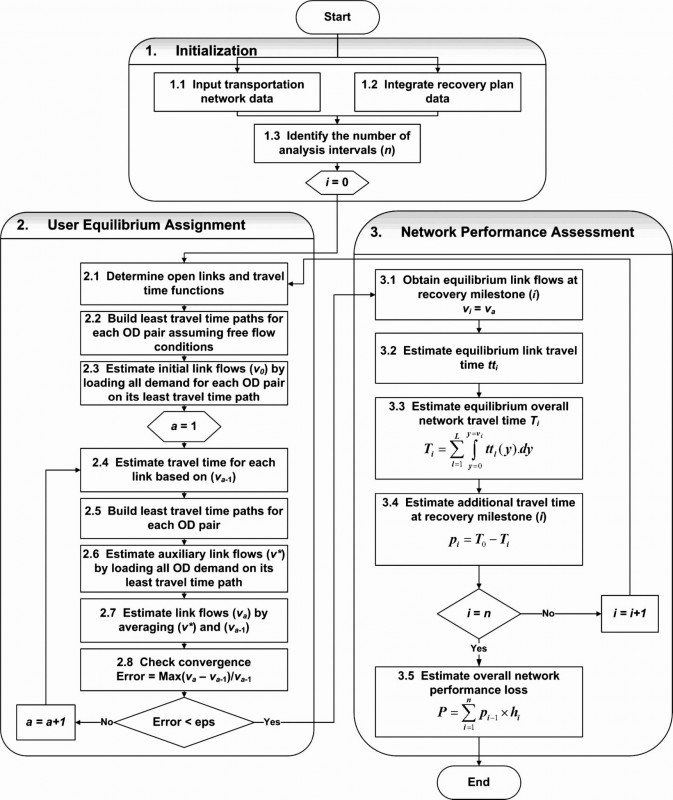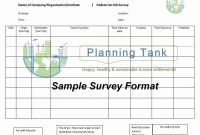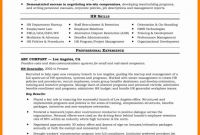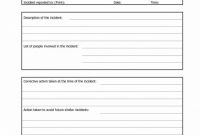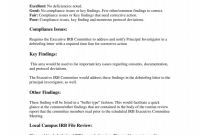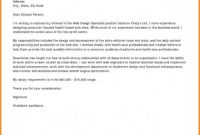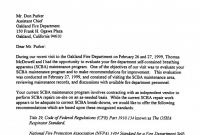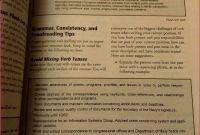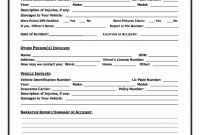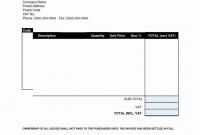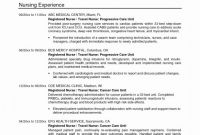We are going to notify a lot of parts subsequent to regards to Incident Report form Template Word which you must admit for your guide. Absolutely it’s not difficult to locate it in this website, because we prepare some of them that we have given.They are made unquestionably flexible. In the prudence that it can be adjusted or changed. We prepare various design ideas of Incident Report form Template Word.They have a truly blithe look. Most recently in the middle of others. You can get it in Microsoft Office Word format and fiddle with them well.However if you are not skilled to locate what you are searching for here subsequently we will suggest you to type new keywords. I think the Incident Report form Template Word which you are searching for is really great for you in the future.
Reports are always filled like important suggestion but at the the same time, they’re naturally beautiful boring. People tend to look them as sober and, as a result, they stop paying attention pretty speedily regardless of how important the checking account at the heart of the story happens to be.
Now, you can guarantee this won’t happen to you subsequent to these totally free, visually striking and attractively compelling story templates. Not only are they extremely simple to use directly from your own Web browser, but as an extra extra you can plus pick from our library of entirely free, visually interesting deposit images to really encourage push your results even farther.
It doesn’t a matter what type of guidance you’re irritating to broadcast, what type of sky you’re frustrating to make or what type of declare you want to depart people gone all element you need is genial right in tummy of you.
Some benefits of using these Incident Report form Template Word:
- Printable. It can be directly used by placing images on a worksheet (you can use Photoshop, Corel Draw, or other graphic design programs);
- Editable. This Incident Report form Template Word can be opened and customized with Microsoft Office Word and PDF with any version;
- Easy to use by anyone;
- You can save the file for free.
